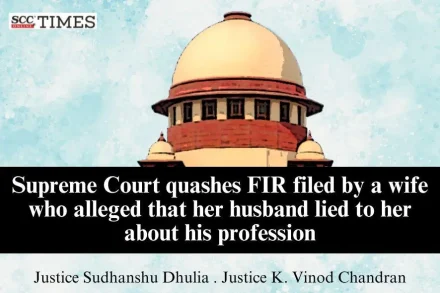
Supreme Court quashes FIR filed by a wife who alleged that her husband lied to her about his profession
The wife had alleged that she married the Appellant-husband because he was an Eye Surgeon, but he turned out to be an Optometrist.

The wife had alleged that she married the Appellant-husband because he was an Eye Surgeon, but he turned out to be an Optometrist.
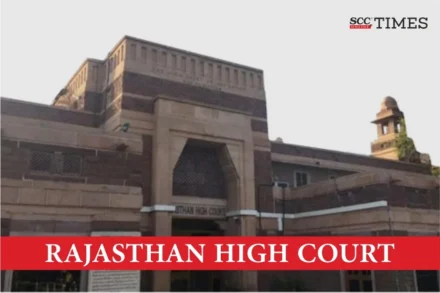
“The purpose and intention to incorporate Clause 4 in Circular dated 20-08-2009 is that “no particular person, caste, sub-caste or religion should be given undue advantage disturbing the communal harmony in the society.”

“The possibility that some accused persons have not appeared due to their socio-economic vulnerabilities must be taken into account, and their absence should not be construed as a waiver of their right to seek justice.”
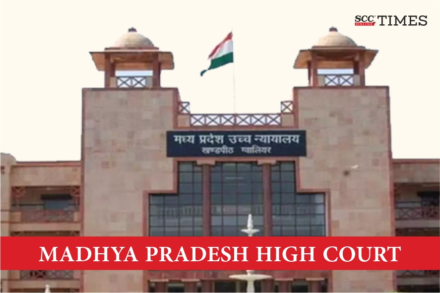
“Indisputably, the public good is a question of fact. Good faith has also to be established as a fact. Ergo, to prove good faith so as to constitute offence of Section 499 of IPC, trial is necessary.”

“The absence of any progress, despite the charge sheet being filed in 2014, raises serious concerns about the administration of justice. Such delay undermines the legal principle that justice delayed is justice denied.”

The Court held that the petitioner’s termination was based on a misapplication of the policy, as no qualified ST candidate was available, and therefore, no preference could have been applied.
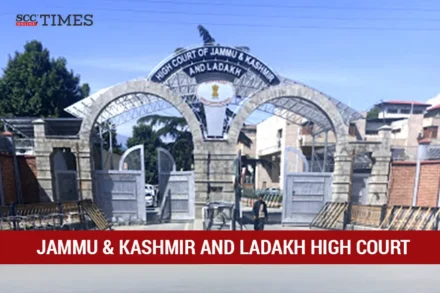
The Court pointed out that the petitioner could have been detained only under Section 8 (1)(a-1) of the PSA and not under Section 8(1)(a) of the PSA, as both the clauses (a) and (a-1) operate in different fields

Madhya Pradesh High Court deliberated on whether morality could supersede legal provisions and questioned if leading a modern lifestyle could be deemed immoral.
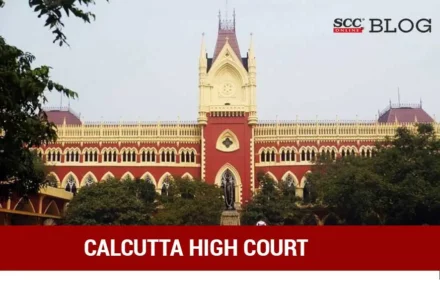
The instant matter highlights the delicate balance between security measures and citizens’ rights, emphasizing the importance of lawful and justified actions by authorities in maintaining public order.

Calcutta High Court deemed the criminal proceedings an abuse of the process of law and allowed the revisional application.

Calcutta High Court observed that there exists lack of correlation between evidence and charges, failure to address the petitioner’s defense, and overlooking crucial factors.

The Calcutta High Court stated that Mens rea, a crucial element for a criminal offense, was not established merely by the omission of the license number.

If the complaint’s allegations and the evidence collected do not disclose the commission of any offense, and if they fail to make a case against the accused, the Court can quash the alleged complaint to secure the ends of justice.

While allowing the revisional application, Calcutta High Court quashed the impugned proceeding on the ground of lack of substantial evidence to prima facie substantiate the offenses against the wife.

Calcutta High Court held that there is no substantial evidence against the petitioner, and hence, allowing the case to proceed would be an abuse of the legal process.

Calcutta High Court held that the Court has no power to determine the correctness, validity and probative value of the evidence collected by the Investigation Officer during investigation.
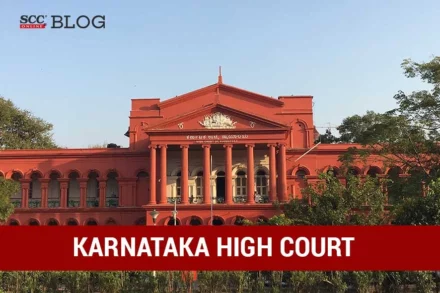
The Court quashed the proceedings on the ground that the district wherein the school was situated, does not come under the ambit of Karnataka Open Places (Prevention of Disfigurement) Act, 1981.

While quashing the criminal proceeding filed against petitioners, the Calcutta High Court held that the same is lacking with substantial evidence and is institutes with malicious intent.

Calcutta High Court held that a necessary element of “intent to cause disorder or incite violence” under Section 153-A of the IPC, was not established in the case dairy

Calcutta High Court dismissed all the three criminal revision applications seeking quashing of the criminal proceedings and deemed them groundless.